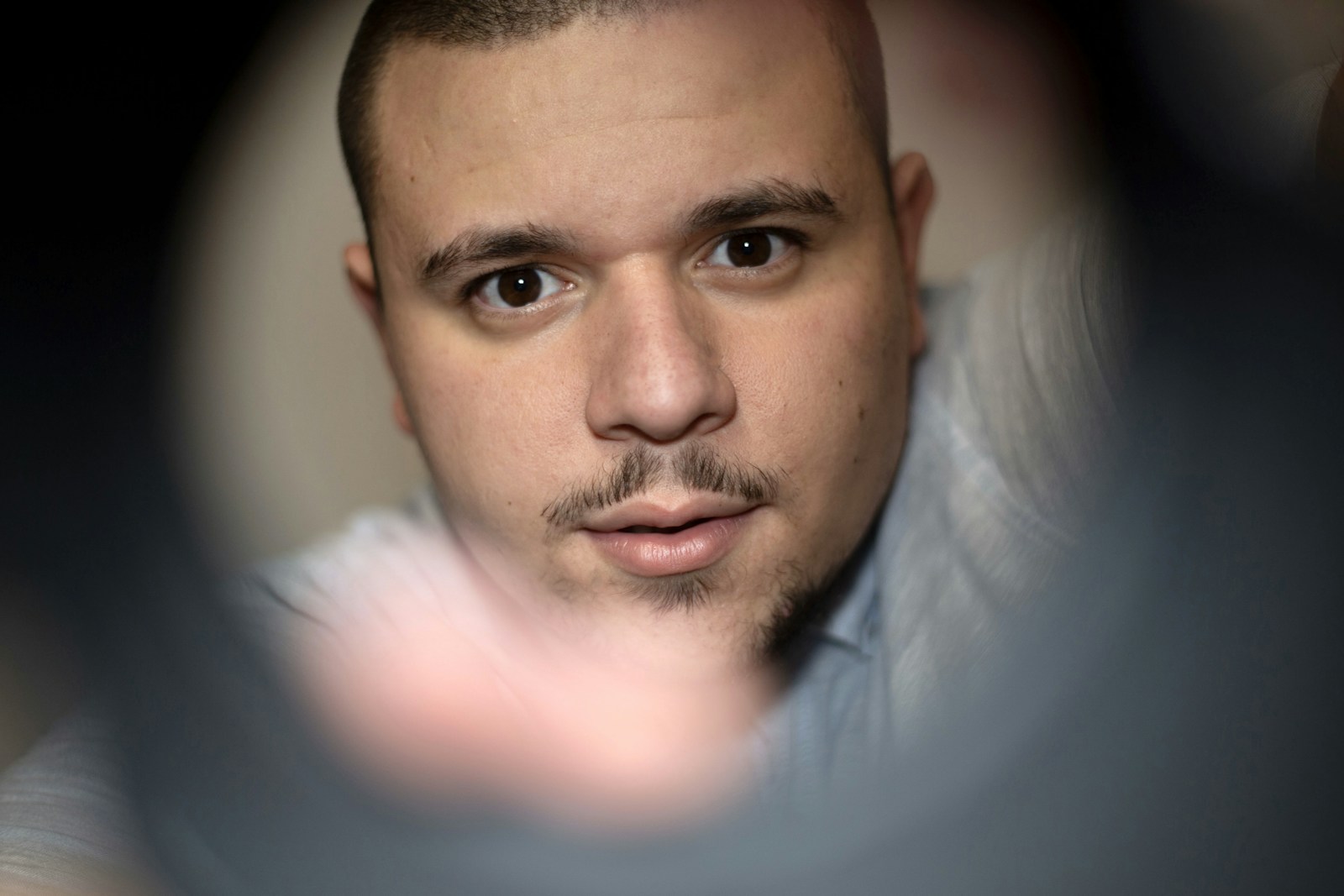
cabeza

head
In Spanish, 'cabeza' refers to the top part of the human body that contains the brain, eyes, ears, nose and mouth. The same word, 'cabeza' can be used metaphorically just as we use 'head' in English. For example, 'ser cabeza' implies being stubborn or headstrong. 'Cabeza' also implies leadership, just like 'head' in English.
Example sentences using: cabeza
La cabeza de la manifestación se encuentra en la plaza mayor.

The head of the demonstration is in the main square.
Here 'la cabeza' denotes 'the front' or the leading part of the demonstration.
Por favor, mantén la cabeza fría.

Please, keep your cool.
'Mantén la cabeza fría' is an idiom that recommends staying calm and not letting emotions control the situation.
María tiene una cabeza dura.

Maria has a hard head.
This phrase is colloquially used to refer to someone who is stubborn or hard to convince.
Estudiaré hasta que me duela la cabeza.

I will study until my head hurts.
This phrase signifies a strong commitment to study, implying that the speaker will study so much that it could cause physical discomfort.
La camisa estaba doblada de la cabeza a los pies.

The shirt was folded from head to toe.
'De la cabeza a los pies' is a common Spanish phrase which means 'from top to bottom' or 'completely'.
Me siento cansado, necesito acostar la cabeza.

I feel tired, I need to rest my head.
This phrase signifies that the speaker is tired and needs to rest or sleep.
Casi pierdo la cabeza por la preocupación.

I almost lost my mind with worry.
The sentence uses 'cabeza' metaphorically to refer to losing control or becoming extremely stressed due to worry.
La respuesta estaba en la punta de mi cabeza.

The answer was on the tip of my tongue.
This phrase is used when someone forgets something they know. It is an idiom and the direct translation to English would be 'The answer was on the tip of my head'.
Tengo dolor de cabeza.

I have a headache.
This example discusses physical discomfort, where 'dolor de cabeza' is a direct phrase to refer to a headache.
Pablo es la cabeza de la empresa.

Pablo is the head of the company.
The term 'cabeza' is used metaphorically to designate the person in charge or the leader.